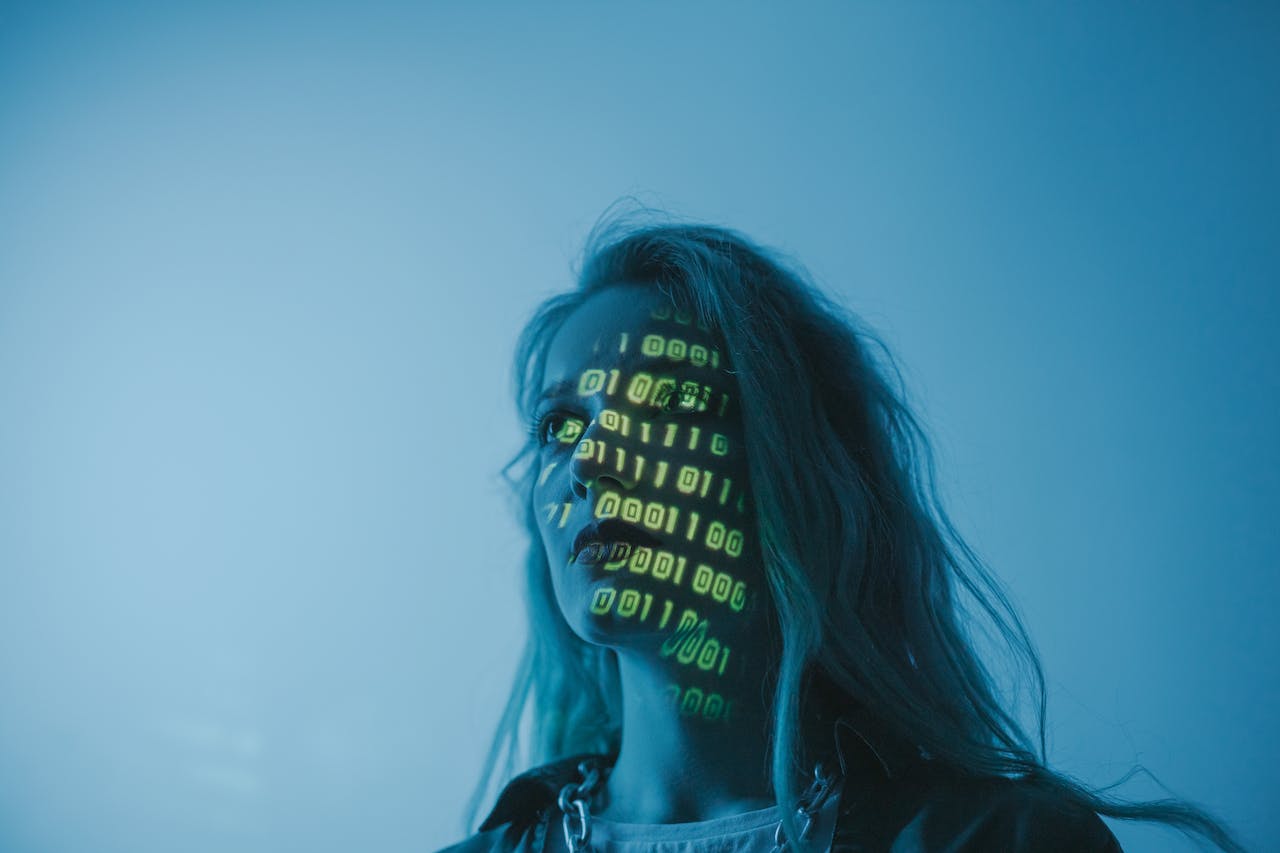Introduction
In the realm of conversational AI, ‘unfiltered GPT’ has emerged as a buzzword, symbolizing a version of AI that operates without content moderation or filtering mechanisms. This article delves into the concept of unfiltered GPT, exploring its applications, ethical considerations, and impact on the landscape of artificial intelligence communication.
Understanding Unfiltered ChatGPT
Unfiltered ChatGPT refers to a model of the Generative Pre-trained Transformer (GPT) designed by OpenAI that operates without restrictions or censorship in its responses. Unlike the standard version, which is fine-tuned to avoid generating inappropriate or harmful content, the unfiltered variant provides raw, unmoderated responses.
Mechanics and Functionality: At its core, unfiltered GPT functions similarly to its standard counterpart, generating responses based on patterns learned during training. However, it lacks the additional layers of safety and moderation, offering a more direct reflection of its training data.
Applications: While the idea of an unmoderated AI might seem alarming, there are specific scenarios where unfiltered GPT can be beneficial. For instance, in research settings, scientists might use it to understand the full capabilities and biases of language models. Additionally, it can serve as a tool for stress-testing AI safety measures.
Ethical and Practical Implications
The concept of unfiltered GPT raises significant ethical questions. One of the main concerns is the potential for the AI to generate harmful, biased, or inappropriate content. This poses risks in terms of spreading misinformation, encouraging negative behavior, or perpetuating biases present in the training data.
Controlling Misuse: Implementing robust use-case restrictions and monitoring systems is crucial to prevent misuse of unfiltered ChatGPT. Researchers and developers must establish clear guidelines and ethical frameworks to govern its application.
Educating Users: It’s essential to educate users about the nature of unfiltered ChatGPT, making them aware of the potential risks and the importance of critical thinking when interacting with such AI systems.
Unfiltered ChatGPT in Practice
Despite the risks, when used responsibly, unfiltered ChatGPT can provide valuable insights. For instance, it can facilitate more natural and varied language learning exercises or enable creative professionals to explore new forms of unbridled digital creativity. However, these applications must always be balanced with stringent ethical standards and monitoring.
Conclusion
Unfiltered ChatGPT represents a double-edged sword in AI development, offering a glimpse into the unrestricted capabilities of language models while posing significant ethical and practical challenges. As AI continues to evolve, the discourse around unfiltered ChatGPT will likely intensify, underscoring the need for comprehensive ethical guidelines, robust safety measures, and continuous public dialogue about the role and impact of unfiltered AI systems in society.
FAQs
Q: What is unfiltered ChatGPT?
A: Unfiltered ChatGPT refers to a version of OpenAI’s GPT model that operates without content moderation or filtering mechanisms, providing raw and unmoderated responses.
Q: Why would someone use unfiltered ChatGPT?
A: It can be used for research purposes to understand AI capabilities and biases, for stress-testing AI safety measures, or in creative scenarios where unrestricted content generation is desired.
Q: What are the risks associated with unfiltered ChatGPT?
A: The main risks include the potential generation of harmful, biased, or inappropriate content, which could spread misinformation or perpetuate negative behaviors and stereotypes.
Q: How can the misuse of unfiltered ChatGPT be prevented?
A: Misuse can be mitigated through strict use-case restrictions, user education, ethical guidelines, and robust monitoring systems designed to oversee AI interactions.



